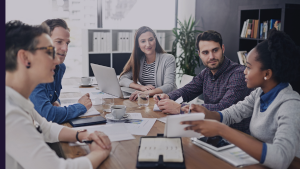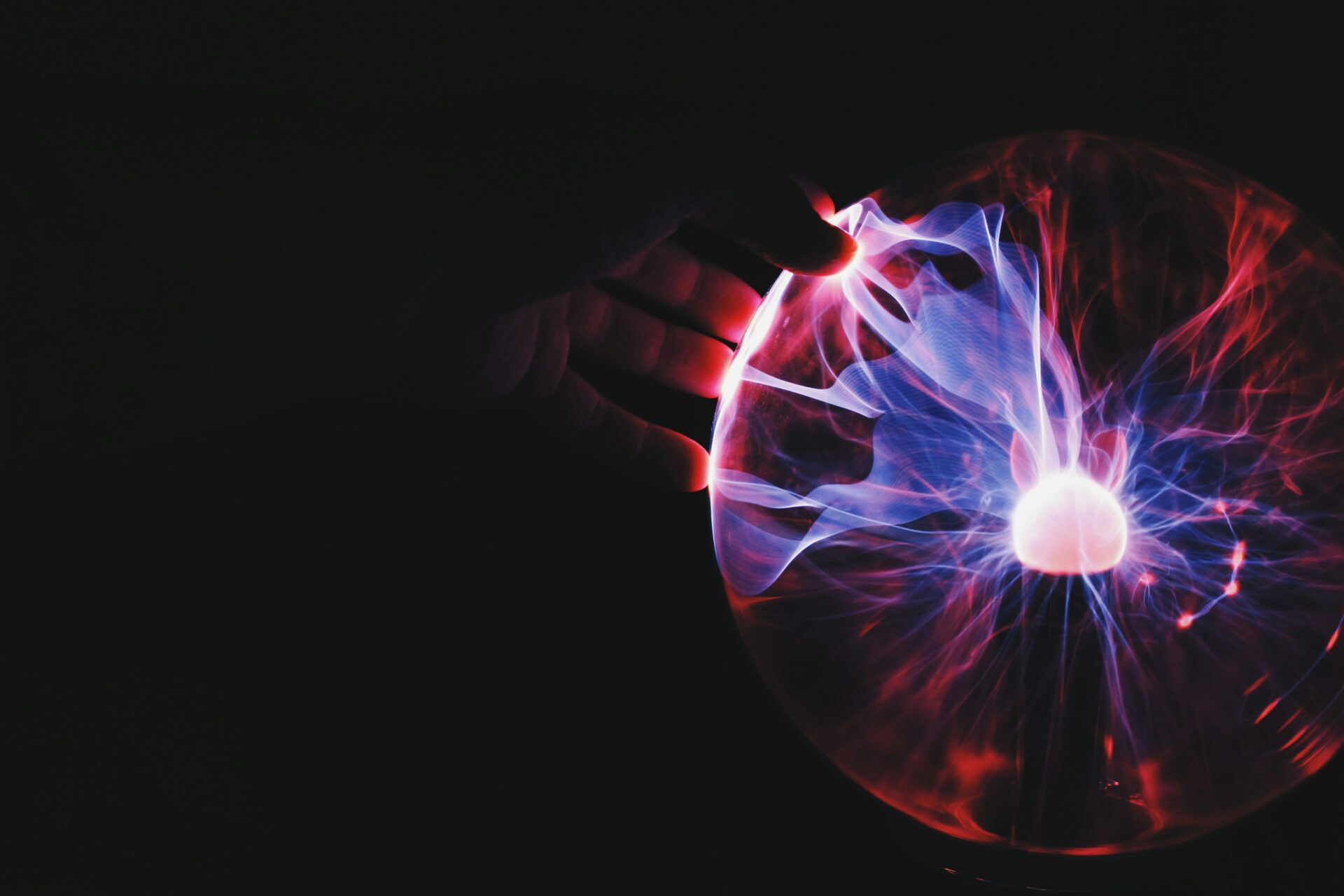Why Aren’t More Women Using Generative AI?
Reflections from London Data Week
What happens if we leave half the population out of AI’s development?
That was the question at the heart of a powerful panel for London Data Week, “Why Aren’t More Women Using Generative AI?” hosted by RedBadger, in partnership with Rockborne. It wasn’t just about tech adoption, it was about inclusion, influence, and shaping a future that works for everyone.
The event brought together a dynamic panel of data and inclusion leaders to explore not just how women engage with AI, but why it’s essential that they do.
Guest speakers included:
- Waseem Ali, CEO of Rockborne, and former Chief Data Office at Lloyd’s of London – highlighted the importance of inclusive leadership in shaping the future of data.
- Mursal Hedayat MBE, Founder of Chatterbox – offered a fresh perspective on social impact and equity in the tech sector.
- Helen Crooks, Former Chief Data Officer at Ofgem – shared insights from decades of experience leading data initiatives across industries.
- Jinan Younis, Founder of WeCalibrate – challenged the audience to think deeply about trust, belonging, and systemic change in technology.
Together, they sparked an honest, energising conversation about confidence, access, and why now is the time to make AI more inclusive.
Here are some of our biggest takeaways:
There’s No Single Entry Point Into AI
Every panellist had a different “first use” of generative AI.
Waseem used it to plan a holiday. Mursal to streamline work admin.
The message was clear: there’s no one ‘right’ way in; curiosity is enough. The more we normalise experimentation, the more inclusive the AI landscape becomes.
The Bias Is Already Baked In
We heard sobering reminders that generative AI isn’t neutral. These tools are shaped by the data they’re trained on, data that often reflects systemic inequalities.
If women and other underrepresented groups don’t engage now, while these tools are still being shaped, we may never see our perspectives reflected in how AI works.
The result? Technology that continues to echo the same old biases, just dressed in shiny new algorithms.
It’s Not Just About Confidence
Yes, there’s a confidence gap. Many women feel they don’t “know enough” to experiment with AI.
While confidence and exposure are barriers, the group urged us not to stop there. This isn’t just about encouraging women to be more proactive, it’s about questioning why they haven’t been brought in sooner.
The panel challenged us to look beyond individual hesitation and ask harder questions:
- Who is AI designed for?
- Who gets access to training or tools?
- What kinds of jobs and tasks are these tools being tested on?
This isn’t just about encouraging women, it’s about creating ecosystems where everyone feels ownership and belonging.
Can Generative AI Become Trustworthy?
A useful comparison came up: we didn’t always trust Google. It took years of repetition, relevance and social proof for us to rely on search engines.
Generative AI is still in that awkward adolescent phase. It’s imperfect. It sometimes gets things wrong. And that’s okay.
Trust can be built through use, reflection, and understanding where the edges are. The more people who test, question, and shape these tools, the more reliable they become.
Use AI to Think Better, Not Less
Another brilliant point was raised: using AI doesn’t mean outsourcing your thinking. Instead, think of it like a brainstorming partner.
Use it to gather perspectives, break through blank-page syndrome, or explore alternative framings. But always bring your own critical lens.
The goal isn’t to become passive consumers of AI output. It’s to become informed, empowered users.
You Don’t Need to Be “Technical” to Lead
Finally, the panel reminded us that data leadership isn’t just about code.
Yes, technical skills matter but so do empathy, communication, and strategic thinking. The future of AI isn’t just about who can build the tools. It’s about who asks the right questions about how those tools are used.
That’s where inclusive leadership really begins.
What’s Next?
If you’re feeling behind on AI, you’re not alone nor too late. Each moment of curiosity, each attempt to try something new, contributes to a more inclusive and representative future.
This isn’t about mastering the technology overnight. It’s about making sure you’re in the room while it’s still being built.
If AI is going to shape the future, then it needs all of us shaping it.
Looking to build a more inclusive, future-ready data team?
At Rockborne, we help organisations strengthen their internal capability through our Training offering, and increase diversity in data through up-skilling or our Attract, Train, Deploy model.
Want to learn more about how Rockborne can support your business?
Get in touch below:




